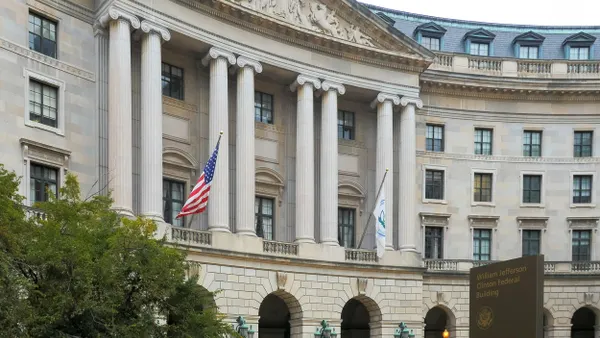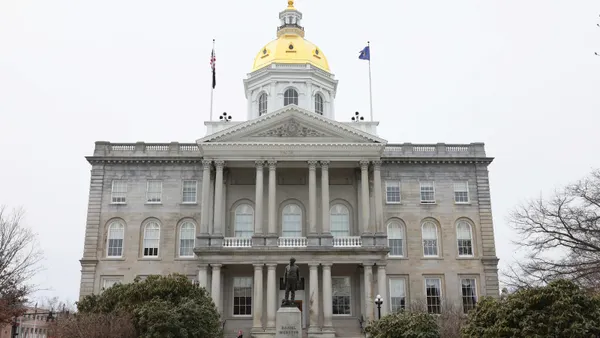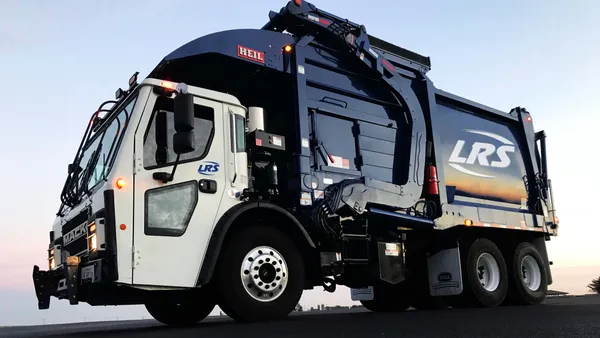Dive Brief:
- University of Texas at Arlington (UTA) and the city of Denton, TX are partnering on the first landfill mining project in Texas, hoping to discover that the space can be leveraged as a viable, re-usable resource.
- The existing closed landfill generates enough methane to power 5,000 homes a month. The current project phase entails examining mined landfill samples to determine if the buried materials can be recycled, used for scrap or converted to energy. The UTA team, lead by Professor Sahadat Hossain, will also develop a protocol for future landfill mining operations.
- Findings of the project, supported by a $399,806 Denton grant, will be presented at the International Solid Waste Association’s Winter School on Solid Waste Management – Landfill and Landfill Mining on the UTA campus, attended by professors, environmental experts, and students from 25 countries.
Dive Insight:
The UTA project is attracting attention across North Texas and beyond from stakeholders interested in learning how mining might extend a landfill’s life and resourcefulness, rather than have it become a short-term, expensive, and potentially hazardous offering. In the United States, the number of municipal solid waste landfills declined from about 8,000 in 1988 to 1,908 in 2013 as many reached capacity. Research shows that mining could extend a landfill’s life from 25 to 30 years to more than 150 years.
"The idea behind landfill mining is to take out what won’t break down in the landfill, and speed up the degradation of what’s left," Hossain said. "That allows different cells within the landfill to be used again and again."
He went on to say if mining proves a viable way to preserve landfills, it "would be a major accomplishment, as getting new space for landfills in urban cities around the world is getting extremely difficult and expensive."
"This latest research will show that mining could be productive to cities. What’s recyclable or not has changed since some of this refuse has been buried. Dr. Hossain will show if those materials can be used for additional energy," said Vance Kemler, Denton’s general manager of solid waste operations.










